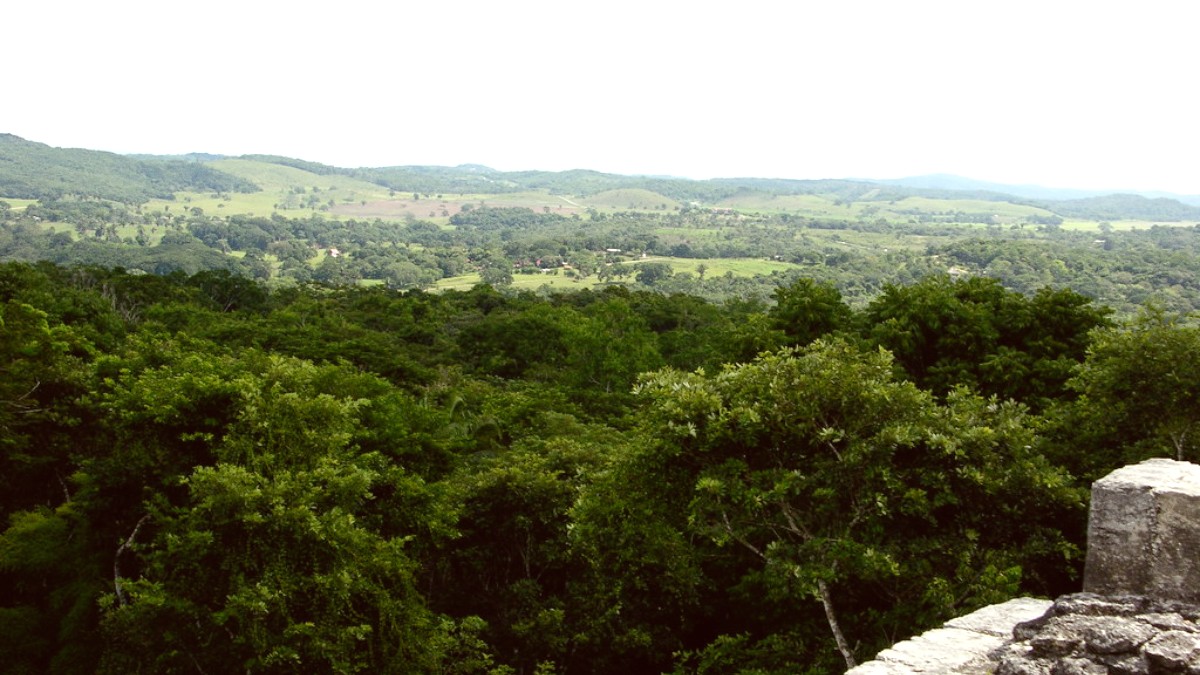
Belize
This guide gets you ready for a true experience, from seeing the city's geographical layout to valuing its historical depth. Get ready to discover a destination that serves as a passageway to both cultural immersion and exciting natural adventures.
Belize City has a location on Belize's eastern coast, right where the Belize River meets the Caribbean Sea. This spot makes it a maritime entry point for the country. The city occupies a low-lying peninsula, a geographic feature that shaped its growth and brings some unique considerations for visitors.
Its coastal placement also means direct access to the Caribbean Sea, giving water views and acting as the main departure spot for trips to Belize’s popular cayes and the barrier reef.
Belize City has a rich and complex history, deeply tied to the country’s colonial past. For centuries, it served as the capital of British Honduras, the former name for Belize, until 1970. British colonial style shows in many older buildings, especially in the Fort George area.
The city's history also includes periods of great challenge. It sits low and can see hurricanes. Hurricane Hattie in 1961 caused great damage, leading to a major change in Belize’s government. The severe destruction made the government move the capital inland to Belmopan.
Maya civilizations settled the area prior to European arrival.
British loggers settled, establishing a trading post.
St. John's Cathedral consecrated, a regional landmark.
Hurricane Hattie struck, causing the capital to relocate.
Belize City: economic and cultural heart of Belize.
Despite no longer being the capital, Belize City is the country’s largest urban area and its main port. It stays the commercial engine, a hub for trade, and a mix of Belizean cultures.
This landmark was originally built for logging barges. It remains a manually operated bridge.
The oldest Anglican church in Central America, it hosted Miskito king coronations.
When you walk through Belize City, you move through layers of history, seeing the strength of a community that constantly changed and rebuilt itself.
Belize City has an experience for visitors interested in history, culture, and as a starting point for more discovery. Here is a brief look at what you can expect:
The city pulses with lively Caribbean energy, though it keeps a more working-city feel compared to the relaxed islands. Expect a mix of old colonial style, busy markets, and modern business activity.
The city works as a passageway to the Belize Barrier Reef, Mayan ruins (Altun Ha, Lamanai), and wildlife spots like the Belize Zoo.
Find tasty, affordable local food. Try "rice and beans," fresh seafood, fry jacks, and panades from local "cook shops."
Fort George area feels safe. English is the official language. US dollars are welcome, with taxis as a good way to move around.
Historical places include the Swing Bridge, Baron Bliss Lighthouse, St. John's Cathedral, and the House of Culture. The Museum of Belize gives good background on the nation's history.